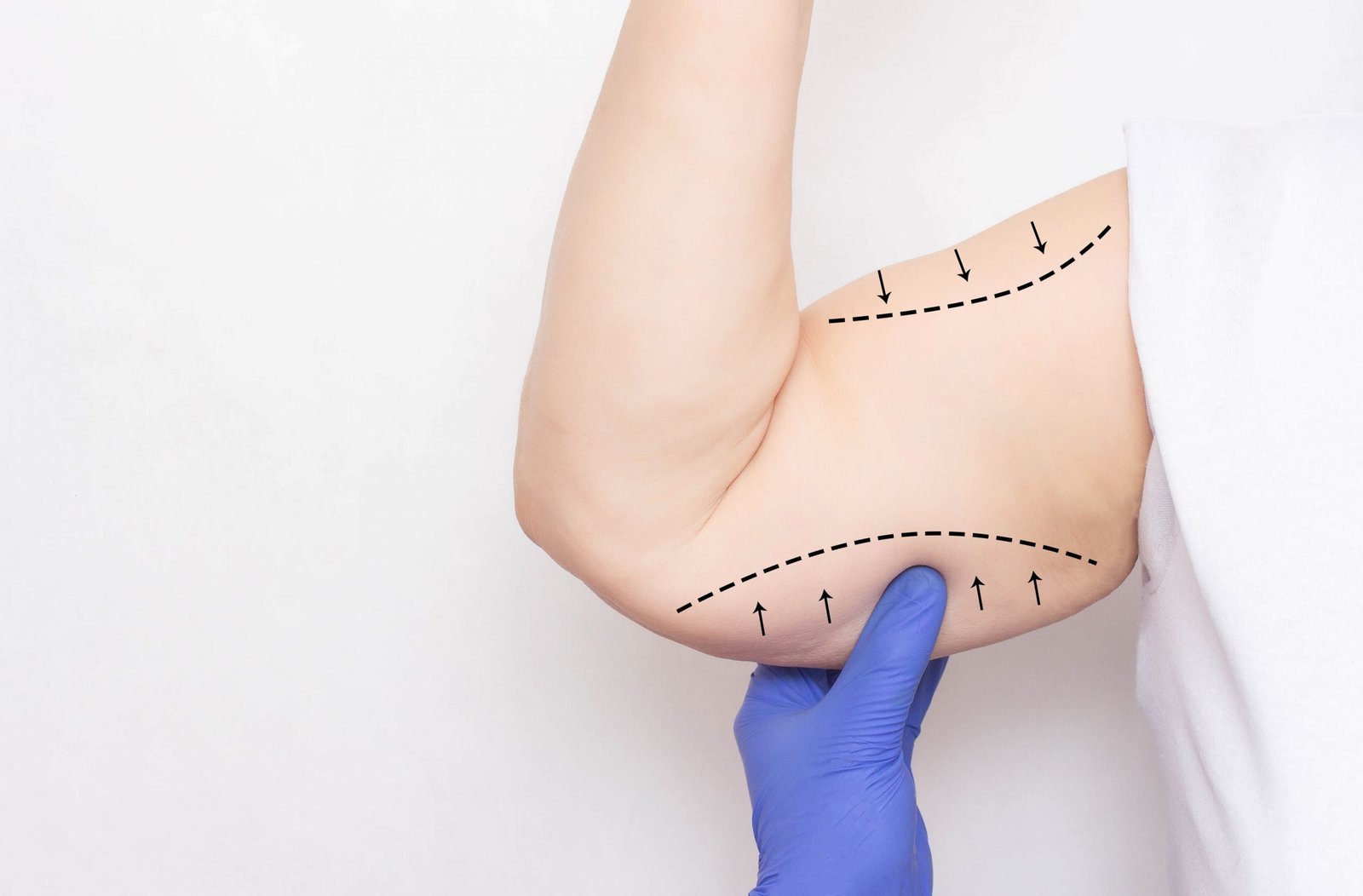Welcome to the ultimate “Medical Terminology Prefix and Suffix” quiz! Test your knowledge of medical terms, their commonly used prefixes, and suffixes with these 50 unique quiz questions.
Key Takeaways for ‘Medical Terminology Prefix and Suffix Quiz’ in Medical Terminology
- Understanding Medical Prefixes: Prefixes in medical terminology often denote location, number, or time. For example, “brady-“ means slow, “hyper-“ means excessive, and “hypo-“ means below normal. An explanation of these prefixes helps clarify their meaning and usage in medical terms.
- Significance of Suffixes: Suffixes usually indicate a condition, disease, or procedure. Common examples include “-itis” for inflammation, “-ectomy” for surgical removal, and “-scopy” for visual examination. Suffixes play a crucial role in indicating various medical tests, conditions, and procedures.
- Combining Forms: Many medical terms are combinations of prefixes, root words, and suffixes that together describe a precise medical condition or procedure, such as “nephrectomy” (kidney removal) combining “nephr-“ (kidney) and “-ectomy” (removal). Understanding medical roots is essential for grasping the full meaning of these terms.
- Prefix Examples:
- “A-“ or “An-“: Without (e.g., Anemia)
- “Tachy-“: Fast (e.g., Tachycardia)
- “Poly-“: Many (e.g., Polyuria) Understanding prefixes and suffixes can help in comprehending unfamiliar words and expanding the ability to understand and remember new terms.
- Suffix Examples:
- “-algia”: Pain (e.g., Neuralgia)
- “-megaly”: Enlargement (e.g., Cardiomegaly)
- “-lysis”: Breakdown (e.g., Hemolysis) Suffixes are significant in describing the structure of medical terms, such as the abnormal enlargement or dilation of a tubular structure in the body.

Questions 1-10
- What does the prefix “brady-“ mean?
- Answer: Slow
- What does the suffix “-ectomy” refer to?
- Answer: Surgical removal
- The prefix “hyper-“ indicates what?
- Answer: Above normal, excessive
- What does the suffix “-itis” signify?
- Answer: Inflammation
- What does the prefix “tachy-“ mean?
- Answer: Fast
- What does the suffix “-logy” refer to?
- Answer: Study of
- The prefix “hypo-“ indicates what?
- Answer: Below normal, deficient
- What does the suffix “-megaly” signify?
- Answer: Enlargement
- What does the prefix “poly-“ mean?
- Answer: Many
- What does the suffix “-scopy” refer to?
- Answer: Visual examination
- What does the suffix “-graph” refer to?
- Answer: Instrument that records
Questions 11-20
- What does the prefix “a-“ or “an-“ mean?
- Answer: Without, not
- What does the suffix “-algia” signify?
- Answer: Pain
- The prefix “epi-“ indicates what?
- Answer: Upon, on
- What does the suffix “-cyte” refer to?
- Answer: Cell
- What does the prefix “endo-“ mean?
- Answer: Inside, within
- What does the suffix “-genesis” signify?
- Answer: Origin, formation
- The prefix “peri-“ indicates what?
- Answer: Around
- What does the suffix “-oma” refer to?
- Answer: Tumor, mass
- What does the prefix “anti-“ mean?
- Answer: Against
- What does the suffix “-pathy” signify?
- Answer: Disease
- How does understanding the prefix “hypo-” help make sense of medical terms?
- Answer: The prefix “hypo-” means under or below, which helps make sense of terms like hypoglycemia (low blood sugar).
Questions 21-30
- What does the prefix “neo-“ mean?
- Answer: New
- What does the suffix “-lysis” refer to?
- Answer: Breakdown, destruction
- The prefix “pre-“ indicates what?
- Answer: Before
- What does the suffix “-phobia” signify?
- Answer: Fear
- What does the prefix “post-“ mean?
- Answer: After
- What does the suffix “-plasty” refer to?
- Answer: Surgical repair
- The prefix “trans-“ indicates what?
- Answer: Across, through
- What does the suffix “-rrhea” signify?
- Answer: Discharge, flow
- What does the prefix “inter-“ mean?
- Answer: Between
- What does the suffix “-stasis” refer to?
- Answer: Stopping, controlling
- What is the first letter of the prefix “hyper-“?
- Answer: The first letter is ‘H’.
Questions 31-40
- What does the prefix “sub-“ mean?
- Answer: Under, below
- What does the suffix “-tomy” refer to?
- Answer: Incision, cutting
- The prefix “syn-“ indicates what?
- Answer: Together, with
- What does the suffix “-uria” signify?
- Answer: Urine condition
- What does the prefix “extra-“ mean?
- Answer: Outside
- What does the suffix “-emia” refer to?
- Answer: Blood condition
- The prefix “retro-“ indicates what?
- Answer: Backward, behind
- What does the suffix “-genic” signify?
- Answer: Producing, causing
- What does the prefix “bi-“ mean?
- Answer: Two
- What does the suffix “-phagia” refer to?
- Answer: Eating, swallowing
- What is the significance of the word root “cardi-” in medical terminology?
- Answer: The word root “cardi-” refers to the heart. Understanding this word root helps in deciphering terms related to heart conditions and anatomy.
Questions 41-50
- What does the prefix “tri-“ mean?
- Answer: Three
- What does the suffix “-dipsia” refer to?
- Answer: Thirst
- The prefix “quadri-“ indicates what?
- Answer: Four
- What does the suffix “-plasia” signify?
- Answer: Formation, development
- What does the prefix “penta-“ mean?
- Answer: Five
- What does the suffix “-rrhaphy” refer to?
- Answer: Suture
- The prefix “hemi-“ indicates what?
- Answer: Half
- What does the suffix “-ptosis” signify?
- Answer: Drooping, falling
- What does the prefix “pan-“ mean?
- Answer: All
- What does the suffix “-cele” refer to?
- Answer: Hernia, protrusion
- Why is the word root “cardi-” important in medical terminology?
- Answer: The word root “cardi-” refers to the heart, and understanding this root helps in recognizing and remembering terms related to heart conditions and anatomy.
Let’s wrap this up…
Thank you for taking the “Medical Terminology Prefix and Suffix Quiz”! Whether you’re a medical student, professional, or just someone interested in medical terminology, we hope this quiz helped you expand your various term knowledge. Don’t forget to visit HowToKings.com for more insightful articles, quizzes, and resources on various practical topics from home improvement to personal development. Test your various term knowledge further and continue learning with us!
*Editor’s Note: The information in this article is intended for your educational use only and is not a substitute for professional medical advice, diagnosis, or treatment. Always seek the advice of your physician or other qualified health providers with any questions you may have regarding a medical condition before undertaking any diet, supplement, fitness, or other health programs.




